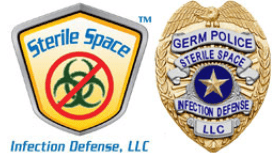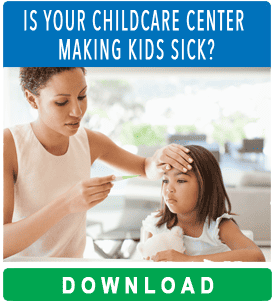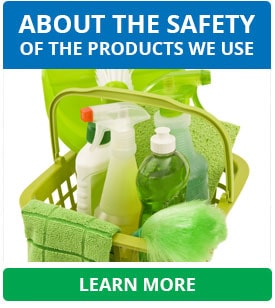Methicillin-resistant Staphylococcus aureus (MRSA) remains an ever-present threat to students and athletes. It is easily spread in gyms and locker rooms because of the close quarters and the lack of hygienic behavior. As MRSA infections are very serious, parents and teachers must take action to protect their students and athletes, who play a role in preventing the spread of MRSA. Taking these steps for MRSA cleanup will help reduce the spread of all infections.
Clean Up
After using the restroom or before eating, make sure to wash hands using hot water or liquid soap, rather than bar soap, to reduce shared contact. Alcohol-based hand sanitizer with at least 60% alcohol content is also an option, if the hands are not visibly dirty and sinks are unavailable. Gyms and other facilities should install and maintain proper soap dispensers over sinks and sanitizing stations and schedule regular cleaning and disinfection for all communal facilities.
Wipe Surfaces
Disinfect high-contact surfaces, such as wrestling mats, weight equipment, benches, desks, tables, door handles, and light switches, with a bleach solution.
Cover Wounds
Any open wounds should be covered immediately using clean, dry bandages. Refresh these bandages according to healthcare provider instructions until the wound is fully healed. Refer anyone with a cut or other wound to the appropriate medical staff.
Do Not Share
Personal items are just that. Discourage students or athletes from sharing these kinds of items, including uniforms, shoes, towels, washcloths, razors, bar soaps, and ointments.
Protect Skin
Never allow skin to come in contact with shared equipment. This includes chairs, benches, walls, exercise equipment, sauna and steam room walls and seats. Always wear clothing or a towel. Disinfect or lay down appropriate coverings for a surface skin must come in contact with, like toilet seats, or workout equipment.
Shower
Anyone active in sports involving close contact, like football or wrestling, should shower as soon as possible after any practice or game events.
Clean All Gear
Dirty gear or athletic clothing should be washed after every event, including any used sheets or towels. Be sure to follow any directions provided for washing and make sure the gear dries completely in a dryer before wearing or using equipment again.
Be Vigilant
Coaches, parents, and athletes should always be aware of what is happening, helping others to protect themselves and reducing the risks of disease transmission.
Report Infections
If infection does happen, seek immediate medical care and notify the school or gym’s administrator to aid in MRSA clean up. Minor infections will be drained, while more serious infections will require antibiotics or hospitalization. An athlete should wait 72 hours after completing an antibiotic regimen, ensure wound drainage has stopped, and be free of new lesions for 48 hours before returning to play.
The spread of diseases happens when people become lax in their personal hygiene, and disregard the safety of others. By practicing hygienic behavior, discouraging sharing of items, and regularly cleaning facilities and gear, athletes, parents, coaches, schools, and gyms can help ensure their athletes remain infection free.
Additional Resources:
https://www.cdc.gov/mrsa/community/index.html
https://www.mayoclinic.org/diseases-conditions/mrsa/in-depth/mrsa/art-20047876
https://www.cdc.gov/mrsa/community/team-hc-providers/advice-for-athletes.html
https://www.momsteam.com/sports/football-tackle/safety/good-personal-hygiene-key-to-preventing-spread-of-mrsa-experts-say
https://www.stopmrsanow.org/childcare-center.html
https://www.stopmrsanow.org/school.html
https://www.stopmrsanow.org/locker-room-or-gym.html
https://www.cdc.gov/mrsa/community/schools/index.html
https://www.ct.gov/dph/cwp/view.asp?a=3136&q=398282
https://kidshealth.org/en/parents/mrsa.html
https://www.ncbi.nlm.nih.gov/pubmed/19866384
https://www.stopmrsanow.org/PDFS/MRSA-Playbook.pdf




